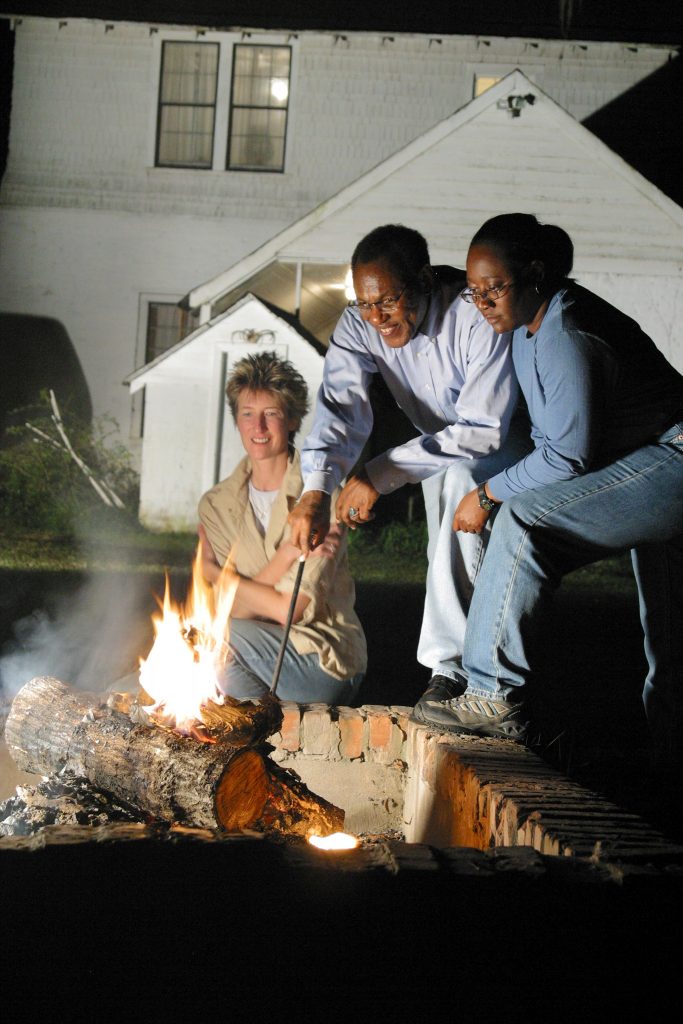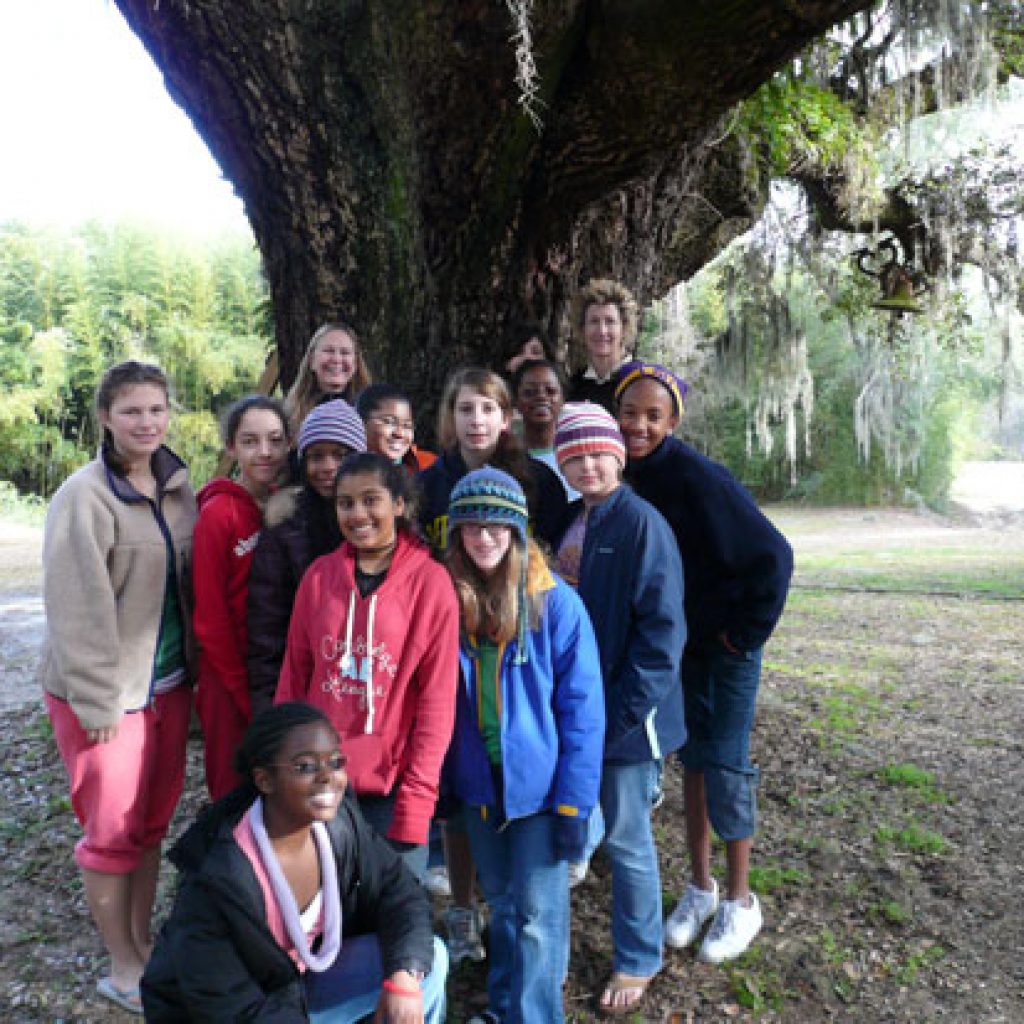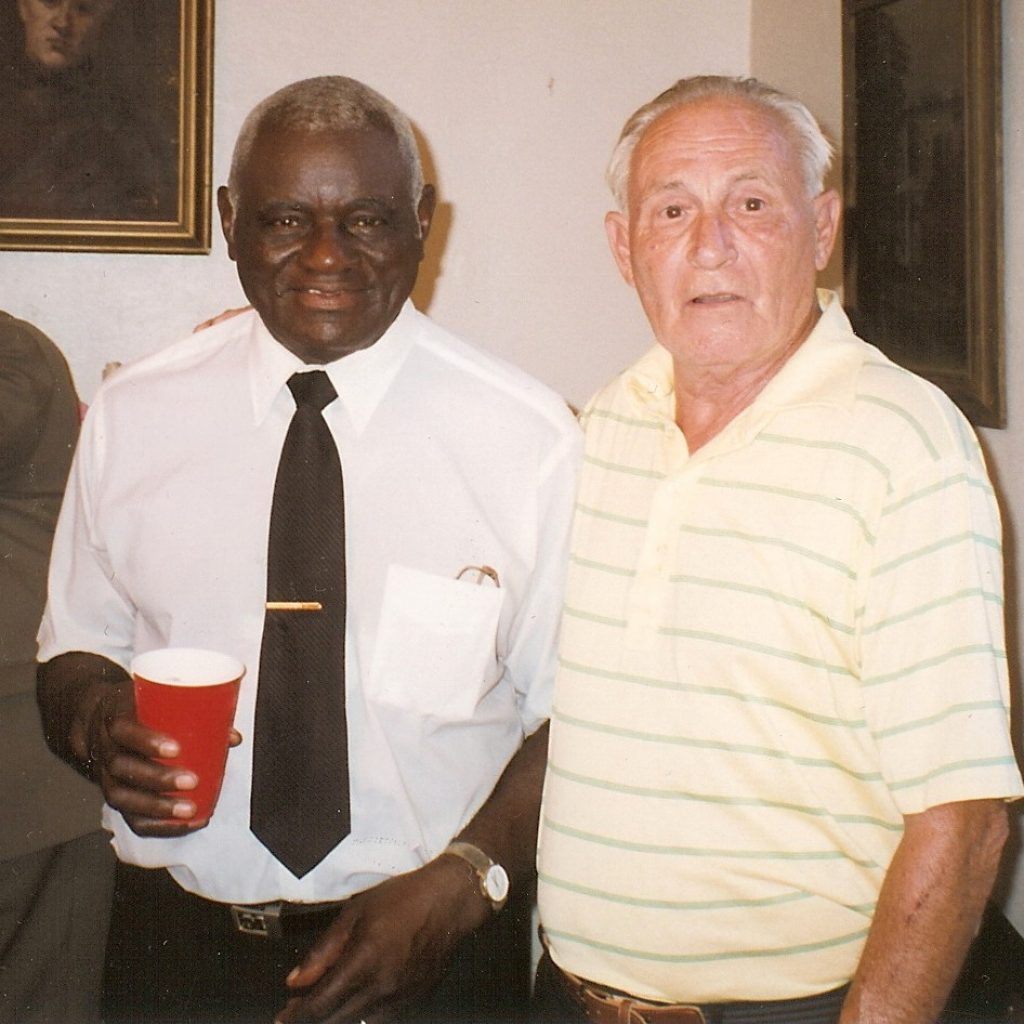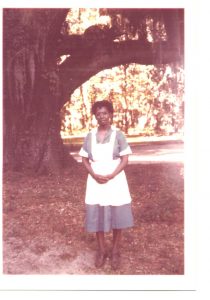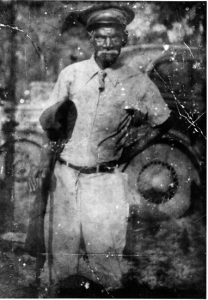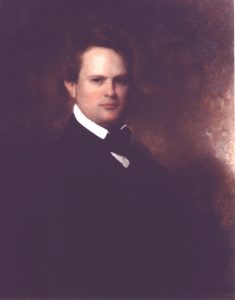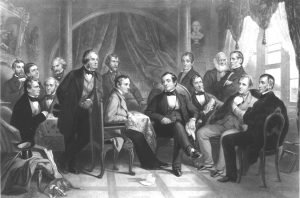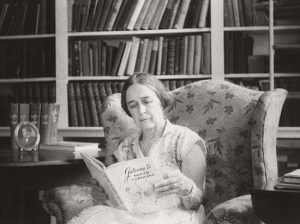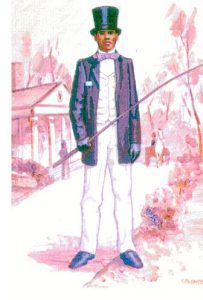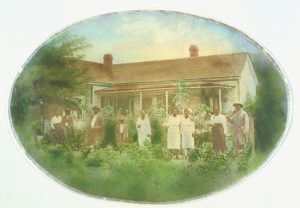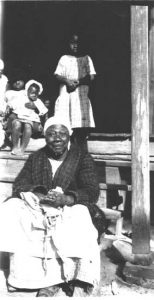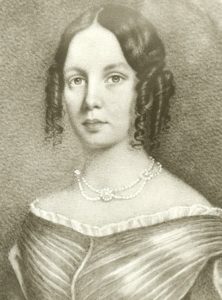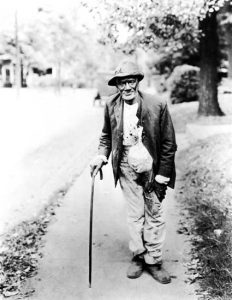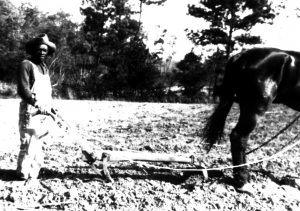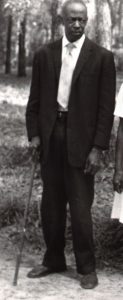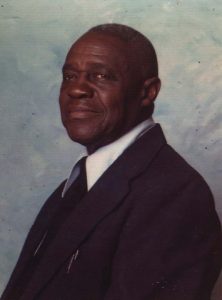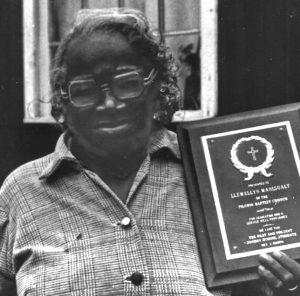FILM SYNOPSIS
Shared History is a one-hour documentary based on the conversations and encounters of a group of black and white families connected to each other since before America’s Revolution.
For generations, descendants of slaves and slave owners at Woodlands Plantation, the remnants of antebellum estate in South Carolina, have passed down stories about the ongoing relationship between their families. While independently researching their families’ histories, three contemporary descendants, Rhonda, Charles and Felicia, meet and begin to uncover the mythologies about the old relationship. Rhonda is descended from one of the enslaved families that stayed on at the plantation after the Civil War. Charles’ family left. He did not know his great grandfather had been the coachman, much less a slave, at Woodlands. Felicia’s family has owned the plantation since 1821. She had been told as a child that her ancestors had been “good masters.”
Using an extraordinary collection of historic images, documents, and oral histories as well as family photographs, film footage, and videos, this program documents the living descendants’ efforts to examine the persistence of the relationship and expose the myths that have sustained their connection for more than two centuries.
Shared History personalizes contemporary views of American history–a history that includes slavery and its aftermath of segregation and inequalities. By witnessing the interactions of Americans directly connected to each other through slavery, viewers see the constructed mythologies that made this particular relationship possible. In doing so, they are challenged to examine their personal responsibility in perpetuating or transforming the national mythologies of slavery and race that we all live with today.
INTRODUCTION TO THE GUIDE
Shared History was designed from the beginning to facilitate dialogue among general viewers about the realities of the historical and contemporary relationships between black and white people in this country. In addition to its broadcast on public television and its screening at festivals and conferences internationally, Shared History has been used in the workplace and schools and by religious groups, government agencies, and community organizations to provoke thoughtful discussion about US racial issues. The Shared History discussion guide was created with these types of groups in mind to stimulate conversation and dialogue with suggested issues and questions that address the issues resulting from slavery and segregation in the United States.
Atlanta GirlsDiscussions about race are often frustrated by the difficulty in achieving honest, civil and open conversation about a topic characterized by the unresolved, complex and paradoxical history and relationships between blacks and whites. The film offers an unusual opportunity to approach the issue of race disparities without minimizing the destructiveness of the institution of slavery but with a focus on the present and future, one that recognizes the behaviors of specific individuals and families rather than generalizations about faceless, nameless groups.
The story of Shared History unfolds through the eyes and words of the descendants of the slave owners and the enslaved people of a South Carolina plantation. The major theme of the film is embodied in a statement by the narrator that “We are who we are because of each other.” This confirms recognition that slavery did not only happen to African Americans, but was the major cultural force in the development of US culture for over 300 years of US history.
Through the personal interactions of the families in the film, Shared History touches on several issues or forces that have affected our behaviors in the present including:
- the subtle undermining of individual purpose within the paternalistic plantation system employed by many southern slave owners in the 19th century;
- the use of denial by slave owners and their descendants to create stereotypes and mythologies that help temporarily overcome feelings of guilt; and
- resistance, distrust, and dissembling of the descendants of enslaved people in their efforts to deflect exploitation and discrimination.
These are fundamental issues that are part of our modern relationships and continue to delay honest evaluation of our shared history.
This guide provides:
- a synopsis of the film
- a contextual statement from project academic advisor, Karen E. Fields
- a list of the descendants with key speaking parts
- a group of questions that can elicit thoughtful and measured comments and discussion, and
- a list of resources for further study and action.
CREDITS
Karen E. Fields, Writer and Academic Advisor
Frank Martin, Writer and Academic Advisor
William Woodson, Consultant
Felicia Furman, Writer
Judith Trent, Editor
Funding for the Discussion Guide was made possible by:
The Humanities CouncilSC
Priester Foundation
We would like to thank The ETV Endowment of South Carolina and SCETV for their on-going support of Shared History.
